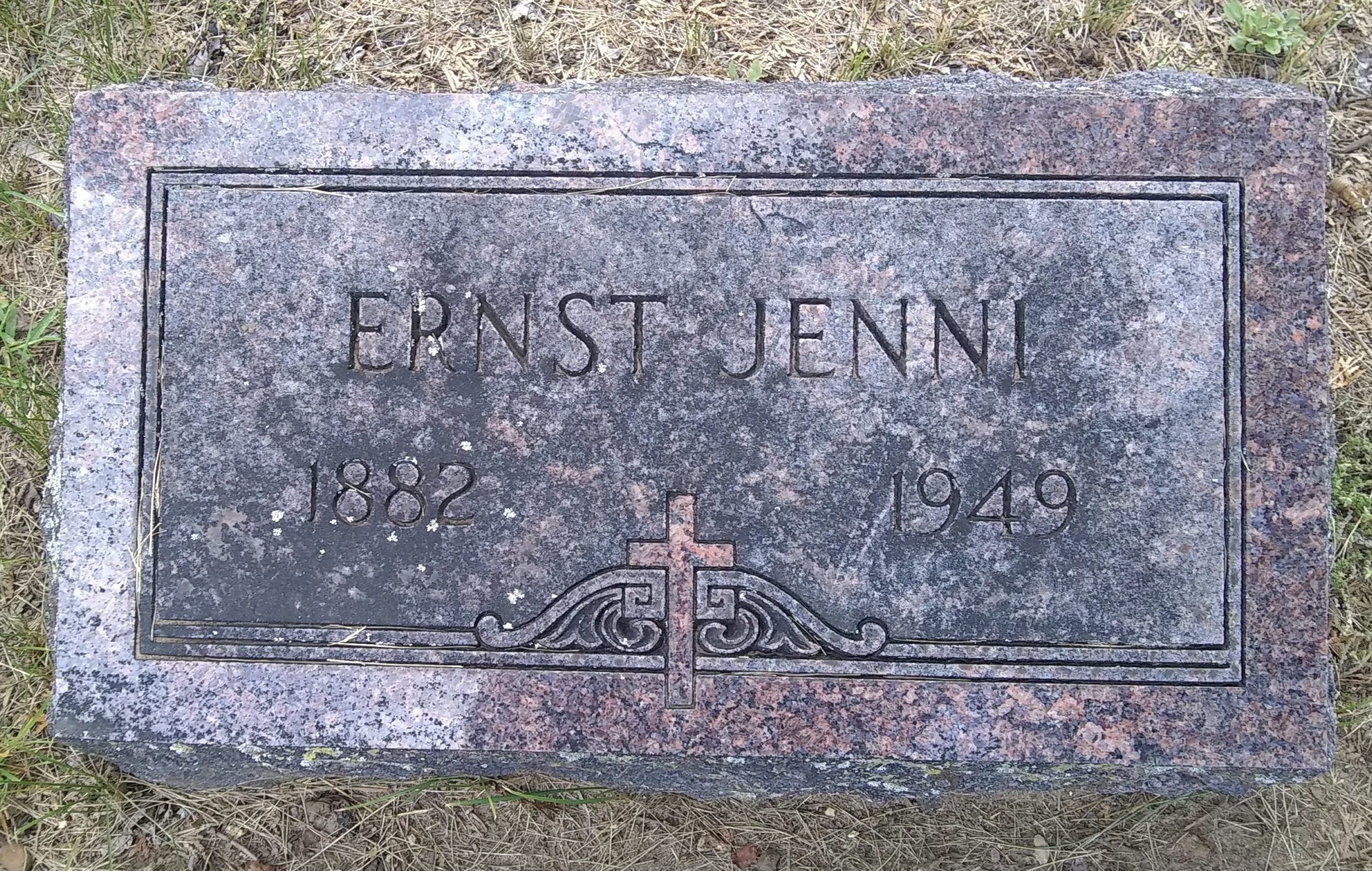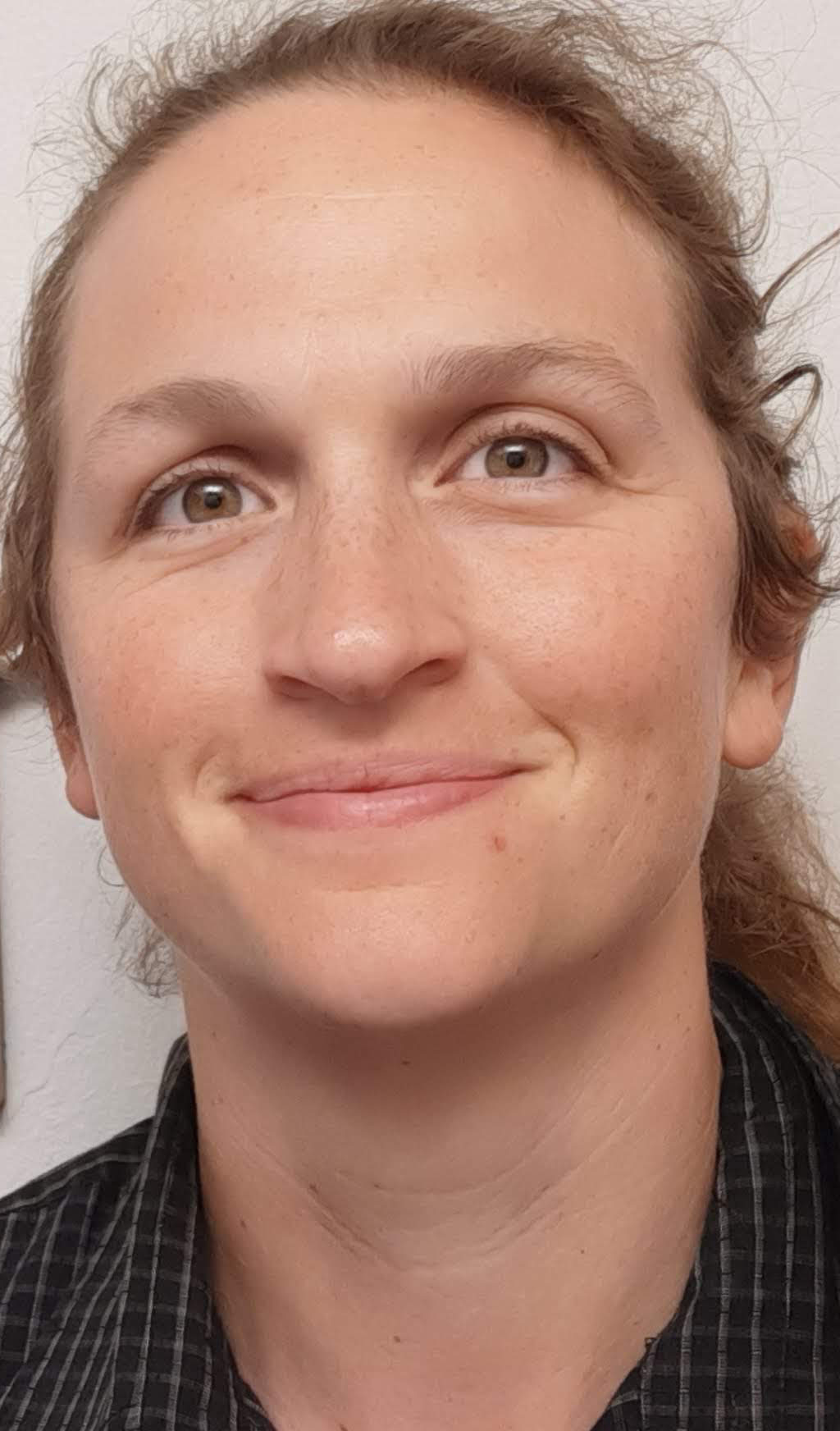Catholic Family
In his dying moments on the cross, our Lord and Savior asked God the Father to “forgive them because they know not what they do.” (Luke 23:34) In the final moments of his completion of his suffering for the redemption of the world, Christ gives us one final message for our lives: forgiveness. He models for us that we are to forgive even those who have condemned and hurt us, abused and mocked us, scorned and beat us. This is a humbling reality for many of us and a painful one at times.
Every one of us has a family member or members who have made life choices that have hurt others. Maybe even we ourselves are that person. Many years ago, when my interest in family history was piqued, I sought out relatives and submerged myself in family history. The family member who intrigued me greatly was great-great-grandfather Ernst: the deserter. As a child, I spent countless hours with my great-grandma playing cards, smelling her cooking and sitting on the couch watching the birds with her. But there was one topic that was off limits: her father.
Ernst was a dishonorable man, a drunkard and a wife abuser. He was a violent man with little regard for others. He cheated on his wife and deserted his family in the end. With this information in hand, I continued talking to relatives and looking through historical documents and found Ernst’s death record. He died a miserable death in an insane asylum after being paralyzed in a car accident.
The question that resounds for family members like Ernst is, did he get what he deserved? He hurt his family and his children, the effects of which have resounded throughout subsequent generations. For me, the answer to this question was answered when I found his grave. I was likely the first person in two generations to find his grave. I could not help but fall to my knees in compassion for this wretched man. He had hurt my great-grandma, to whom I was very close. But did he not need forgiveness, too?
Trauma can run deep through intergenerational wounds. It is easy to forget about the ancestors who are buried away in their graves, their stories often buried with them or their direct descendants. Whether we have been directly hurt by someone or it was an ancestor who was the perpetrator, forgiveness is what is needed. Forgiveness is an important part of the healing journey, both for ourselves and for the generations to come.
When we have been directly hurt, we must recognize that forgiveness is part of healing. And it can come in two different forms — vertical forgiveness and horizontal forgiveness. Vertical forgiveness is when we ask God to forgive the person who hurt us (or the ancestor who hurt our loved ones). Horizontal forgiveness is when we who were hurt can forgive the person who hurt us. Both are important and one may be easier than the other to undertake first, but forgiveness comes in stages.
When we ask God for forgiveness for our own sins or for the sins of another, what we are really asking is that God impart grace on us (or another) such that we will be healed from our sins and not commit them again. Forgiveness is not asking God to forget about the sin as if it never happened. It is true that God will not hold a sin against us, but what benefit would forgiveness have if upon asking for forgiveness God just wiped it from the books? Forgiveness gives us and others the grace to change. It gives our souls the opportunity to be cleaned up. This can happen in different ways, and often those ways can be challenging or painful, but if we want to be better, if we want our loved ones to be better, then we need to be cleaned up. So, will God wipe away the sin? Yes, but this necessitates repair of the wrong as an intermediary step, however that looks, whether in this life or in the next.
When we ask God to forgive people who hurt us, we are also offered God’s grace to be healed in our own wounds. Jesus showed us on the cross the importance of forgiveness. He asked for pardon for the mob that killed him when he was in excruciating pain and dying. This feat may seem unachievable to us at times, but we can and should be praying to Jesus and the saints for their intercession on this matter.
We can rest assured that when we are struggling to forgive, it is through the struggle that we will be healed, and when we engage with the struggle, we are really engaging with the process of forgiveness.


Andi Bochte
